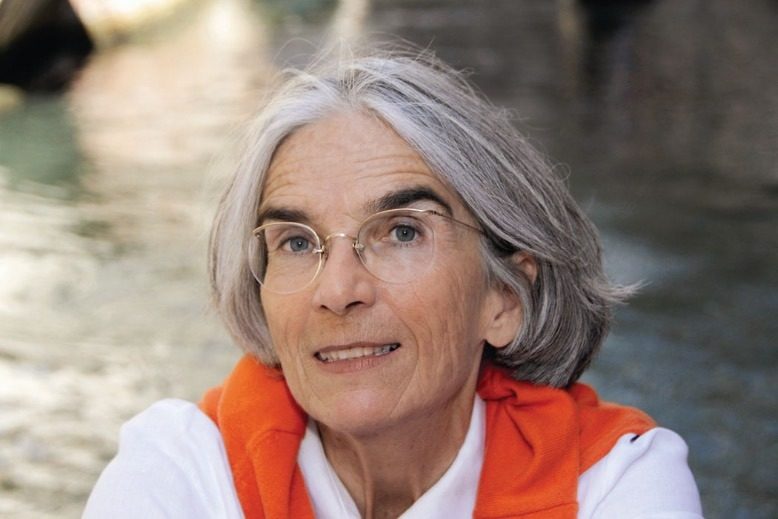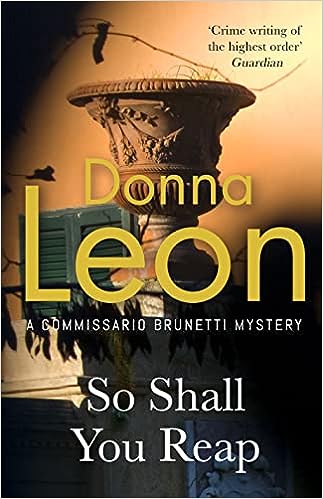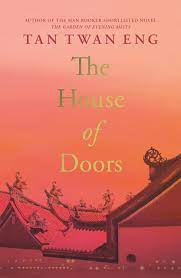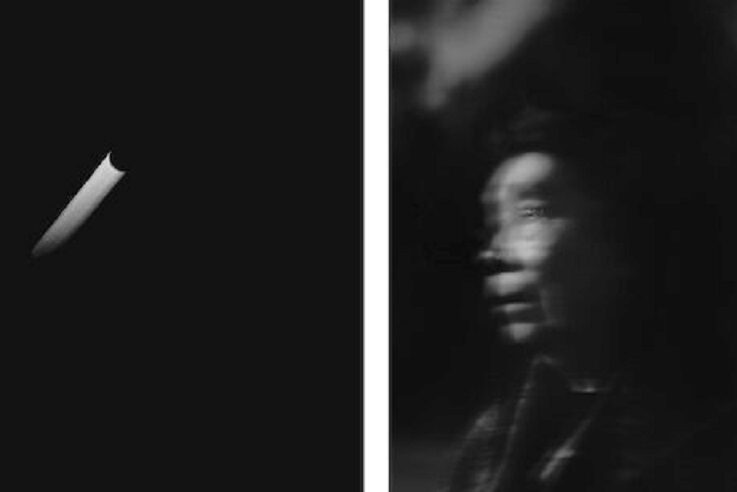
ANNA CREER reviews two new books; one of crime in Venice, the other an imagined history when Somerset Maugham visited Penang.
IN 1992, Donna Leon introduced to the world the first in a series of novels, set in Venice, which have become both successful and iconic.

Leon believes this is because her novels “show a Venice that is not often presented in English books nor much seen by tourists”.
“Death at La Fenice” also introduced her detective, Commissario Guido Brunetti, who Leon describes as “sane and decent, happily married, intelligent, a reader, dresses carefully and well, loves good food and wine, and also likes women. I think this is at variance with what many novels present as a protagonist or hero. People can be comfortable liking him.”
Leon has written a Brunetti mystery every year since. Her new novel, “So Shall You Reap”, is the thirty-second in the series and it’s winter in Venice, cold and quiet without the tourists.
Brunetti’s father-in-law has asked him to find out if the Palazzo Zaffo dei Leoni is for sale. The owner, Renato Molin, teaches medieval history at the university but, this being Venice, his wife Gloria went to school with Brunetti.
When Brunetti arrives at the Palazzo, he learns from one of the neighbours that the Molins have a Sri Lankan servant who lives in a small house in their garden. He is therefore not surprised when the door is opened by “a thickset, dark-skinned man”, who politely tells him the Palazzo is not for sale.

Some days later, when a body is found in one of the canals, Brunetti recognises the face as that of Molin’s Sri Lankan servant.
The police investigation reveals that Inesh Kavinda had been living illegally in Venice for more than eight years. Brunetti is impressed with the “tranquility and quiet beauty of the dead man’s home”, which is in stark contrast to the utter neglect of the overgrown garden, “the invisible earth smothered with matted decomposition, and all of it untouched, perhaps for years”.
On Inesh’s bookshelf, Brunetti discovers a scrapbook of pamphlets and newspaper articles documenting the terrorist acts of the Red Brigades in Italy in the 1980s. As Brunetti wonders why a Sri Lankan Buddhist would be interested in the violent past, he has to confront memories of his own involvement in radical student protests, while at university at that time.
“So Shall You Reap”, a clever, complex story of lost ideals and the errors of youth, is sophisticated reading.
AS is Tan Twan Eng’s “The House of Doors”set on the other side of the world, re-imagining life in Malaysia in 1921 when Somerset Maugham visited Penang.

It is Eng’s first novel since his debut “The Garden of Evening Mists” was shortlisted for the 2012 Booker Prize and then won the Man Asian Literary Prize and the Walter Scott Prize for Historical Fiction.
Maugham arrives in Penang with both health and financial problems, having lost a fortune in a risky investment. He had intended to use his two weeks in Penang to recuperate, read, rest and swim but now he knows he must write to restore his finances.
Although most of the characters in “The House of Doors” are drawn from real life, Tan creates a fictional expat couple, Robert and Leslie Hamlyn, who welcome Maugham into their colonial bungalow. Eng imagines that Robert is an old friend of Maugham, that they shared a flat in London and served together in World War I.
Leslie is Penang born and has lived there all her life. When Maugham arrives, Robert’ s health is deteriorating and she is horrified to learn he plans to move to the drier climate of South Africa.
Robert warns Leslie that “there’s nothing [Maugham] likes more than snuffing out people’s scandals and secrets”. However, when she discovers he’s a sympathetic listener, over a series of nights, she shares with him the events of 1910: the year Sun Yat-sen visited Penang fundraising for his eventual revolution against the Chinese Qing dynasty and a European woman, Ethel Proudlock was tried for murder.
Maugham will eventually take Ethel’s story as the basis of one of his most famous stories “The Letter”, which later became a long-running play as well as a film starring Bette Davis, restoring his fortunes.
“The House of Doors” captures the exotic lost world of colonial Penang, with it’s gin cocktails and gossipy parties, in a story of obsession, secrets and lies and the unhappiness of three women, Leslie, Ethel and Maugham’s abandoned wife Syrie, in a male-dominated society.
Who can be trusted?
In a world of spin and confusion, there’s never been a more important time to support independent journalism in Canberra.
If you trust our work online and want to enforce the power of independent voices, I invite you to make a small contribution.
Every dollar of support is invested back into our journalism to help keep citynews.com.au strong and free.
Thank you,
Ian Meikle, editor





Leave a Reply